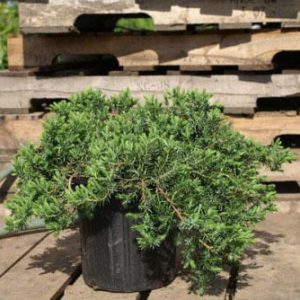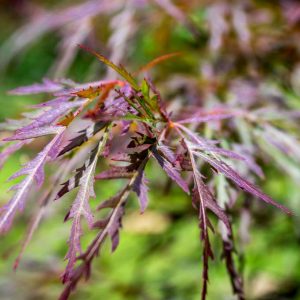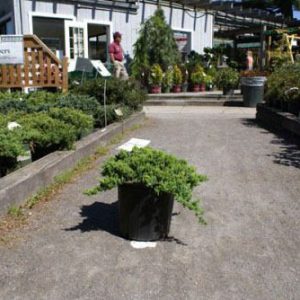Description
Ligularia –
There are about 150 species of large, robust, often coarse perennials, in this genus. They mostly occur from Central and Eastern Asia, with a few from Europe, in moist or wet grassland, open, wet scrub and woodland, by mountain streams, and in ditches. They have large, ovate-oblong or elliptic to kidney shaped or rounded, sometimes palmately lobed, often toothed basal leaves, held on long leaf stalks, and smaller, alternate stem leaves. In summer and early fall on erect stems they bear terminal corymbs or racemes of few to many, showy, daisy like, yellow or orange flowers, with yellow or brown centers. Grow in a mixed or herbaceous border, or naturalize in moist soil, they are also imposing waterside plants.
Grow in moderately fertile, deep, reliably moist soil, in full sun with some midday shade. Shelter from strong winds and stake. Divide in spring.
Prone to slugs and snails.
L. hodgsonii – This clump forming perennial from Japan grows 36″ tall and 24″ wide. It produces kidney shaped, toothed leaves, to 5″ across, heart shaped at the bases. In mid and late summer it bears corymbs of many yellow-orange flowers, 2″ across, with reddish brown centers.
Zones 4-8





